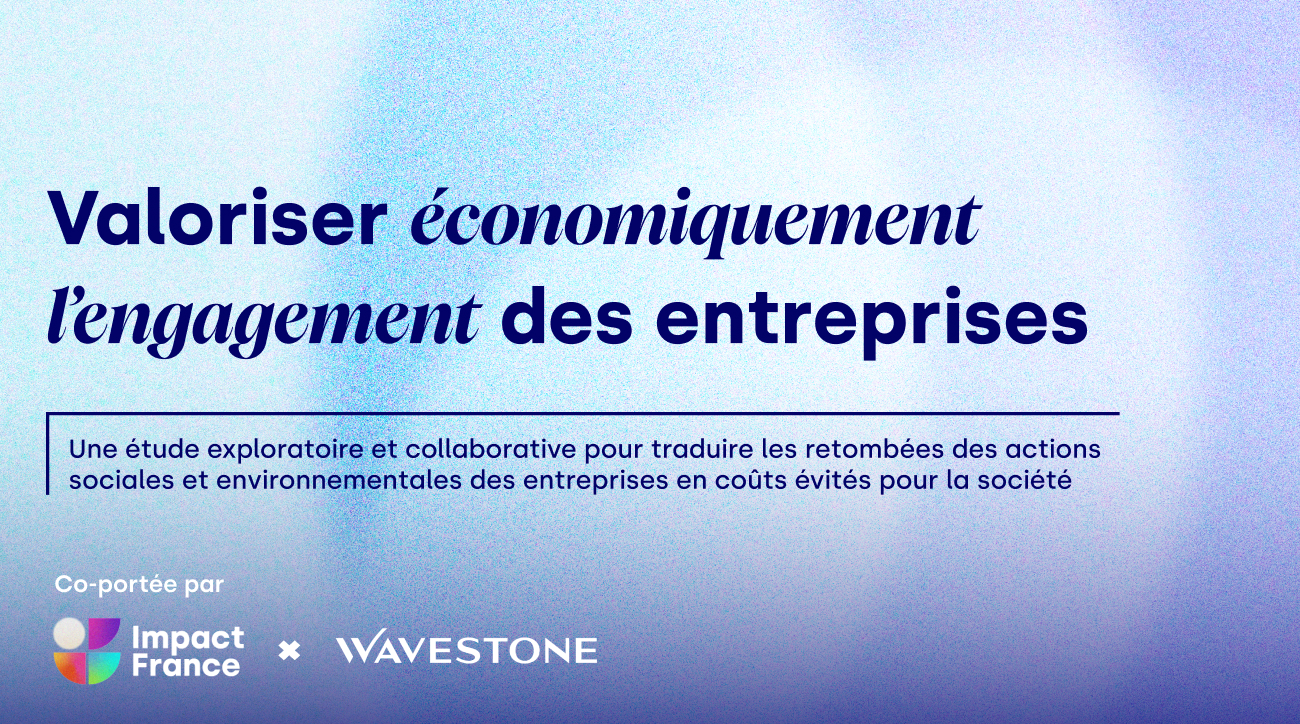EPP 3: Converging towards an ambitious, low-carbon energy transition


This December 16, 2024 marks the end of the public consultation on the implementing decree for the third Pluriannual Energy Program (PPE 3). A veritable cornerstone of French energy strategy, the PPE 3 should steer our country towards carbon neutrality by 2050. However, several obstacles stand in the way of its ambition and coherence. Impact France, in conjunction with the members of its Energy Task Force, is calling for adjustments to ensure a fair, sober and inclusive energy transition.
PPE 3 aims to accelerate the deployment of renewable energies and reduce our dependence on fossil fuels, which are responsible for a significant proportion of greenhouse gas emissions. It must also prepare France's energy infrastructures to meet the growing need for electrification (electric mobility, low-carbon industries, heating).
However, a number of obstacles stand in the way of its transformation potential:
Sobriety does not simply mean consuming less, but rethinking our lifestyles and production methods to make them compatible with planetary limits. However, the PPE 3 focuses more on improving energy efficiency (which is nonetheless essential) than on a real reduction in energy consumption. And yet, without sobriety, it will be impossible to achieve the targets set by the Stratégie Nationale Bas-Carbone (SNBC), France's roadmap to carbon neutrality. In addition, current scenarios underestimate the efforts required to reduce overall energy consumption, which compromises climate objectives and risks burdening the power system. Impact France calls for a review of these projections, to bring the PPE into line with the French National Low-Carbon Strategy (SNBC) and the recommendations of forward-looking studies (ADEME, Senate).
The energy transition requires massive investment in renewable energies, power grids and storage solutions. However, the PPE 3 does not propose a global plan to finance these transformations. A clear and fair tax system is needed to mobilize resources and support households and businesses in this transition.
The success of the energy transition depends on collective support and the involvement of citizens, businesses and local authorities. Public consultations must go beyond mere formality and become effective co-construction tools. What's more, the absence of a stable legislative framework makes the objectives of the PPE 3 uncertain. Impact France supports the idea of a framework law (along the lines of the former LPEC) to anchor the transition in a clear and coherent institutional framework.
Find out more about our proposals in our position paper below.

